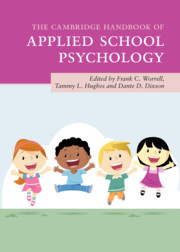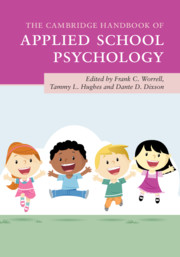Neoliberal Selfhood
Psychological constructs - such as emotion regulation, creativity, grit, growth mindset, lifelong learning, and whole child - are appealing as pedagogical aspirations and outcomes. Researchers, policy-makers, and educators are likely to endorse and accept these constructs as ways to make sense of students and inform pedagogical decision-making. Few critically interrogate these constructs, as they are associated with students' academic achievement, psychological well-being, civic virtue, and career readiness. However, this book shows how these constructs become entangled in a neoliberal vision of selfhood, which is tied to market prescriptions and is thus associated with problematic ethical, psychological, moral, and economic consequences. The chapters draw attention to the ideological underpinnings in order to facilitate conversations about selfhood in schooling policy and practices.
- Provides a critical analysis of a wide range of psychological constructs, which contextualizes psychological practice within an ideological framework
- Highlights ideological contexts to invite ethical reflections for practice
- Presents a view of neoliberalism beyond economic instrumentalism
- Shows how to recognize neoliberalism, including how and when it operates
- Rigorously evaluates the application of dominant psychological constructs in education policy and teacher education discourse
Product details
No date availableHardback
9781108477239
200 pages
235 × 160 × 10 mm
0.42kg
Table of Contents
- 1. Introduction: Formation of Selfhood
- 2. Growth Mindset: Normalization of Perpetual Improvement
- 3. Grit: The Technical Management of Passion
- 4. Emotion Regulation: Strategic Self-Management
- 5. Lifelong Learning: Sentencing Learners to Life
- 6. Creativity: An Organizing Value
- 7. Whole Child: Leave No Part Behind
- 8. Conclusion.






